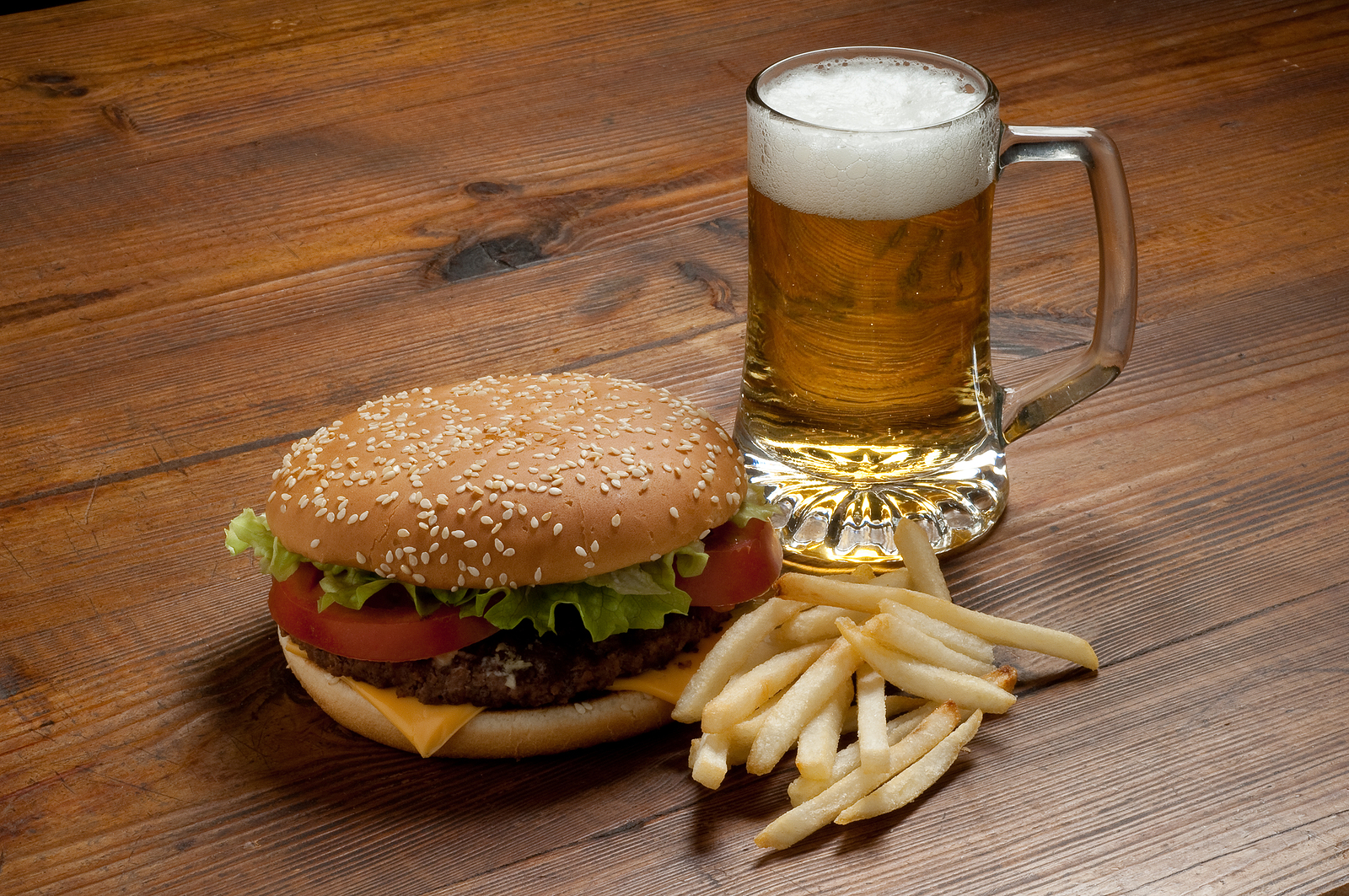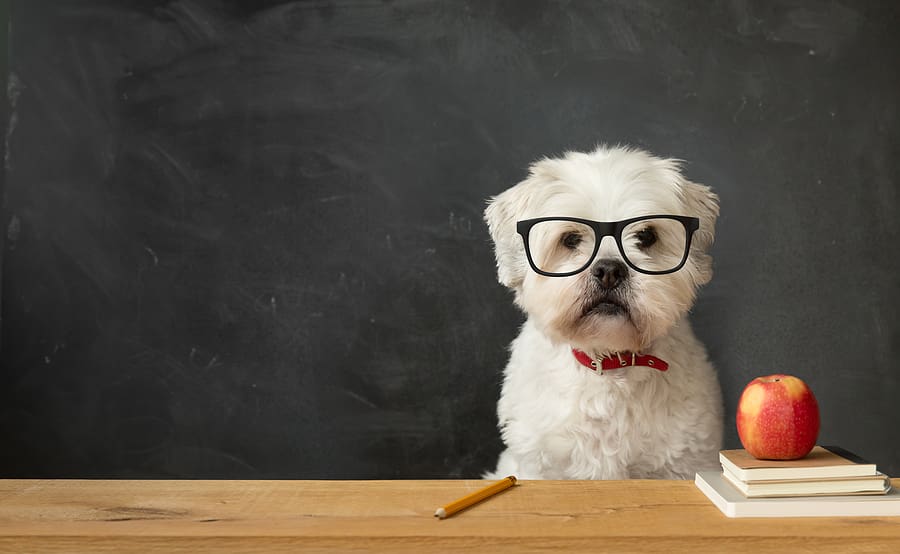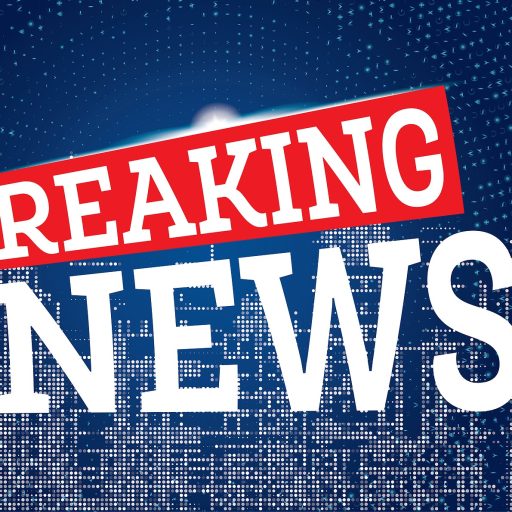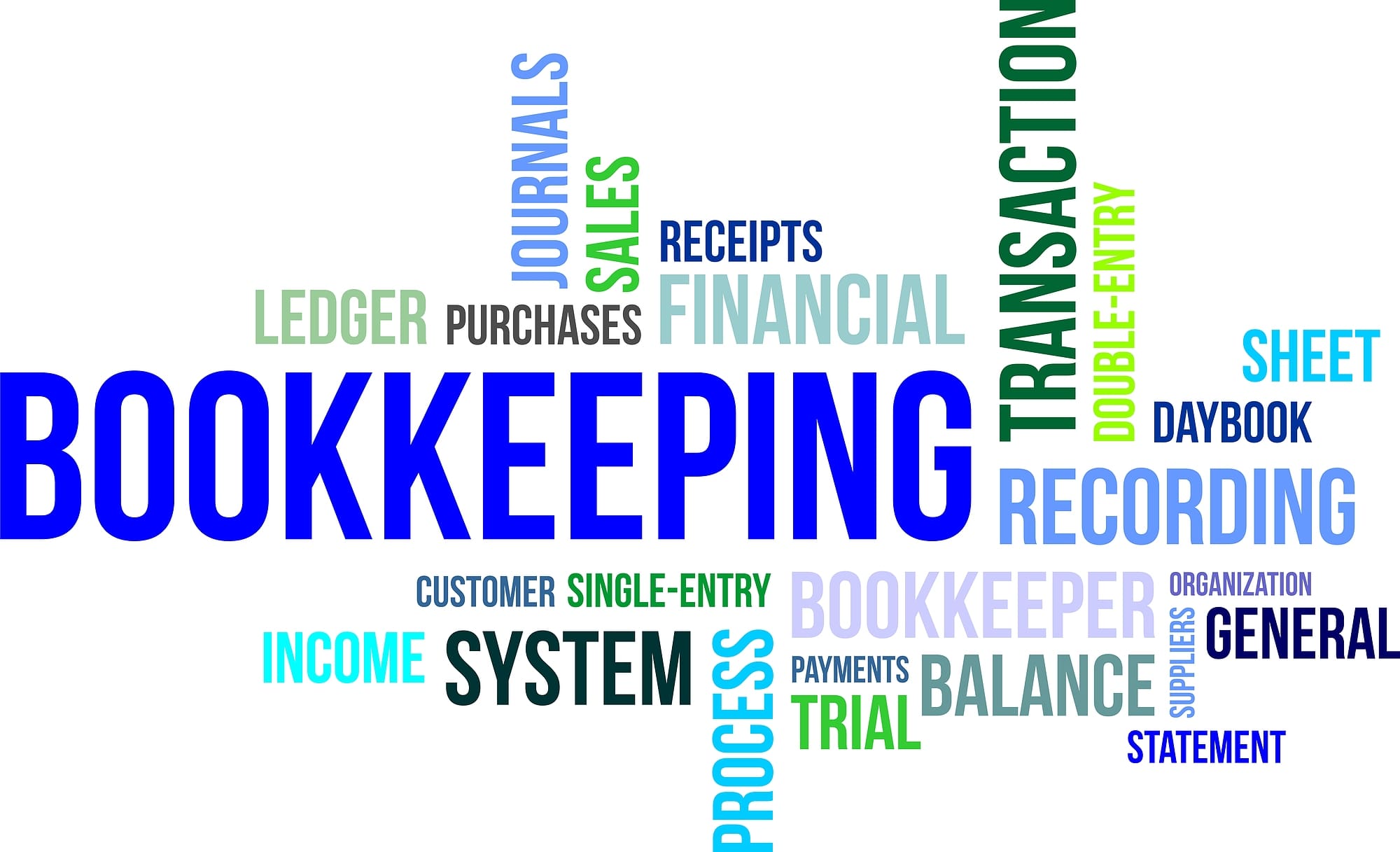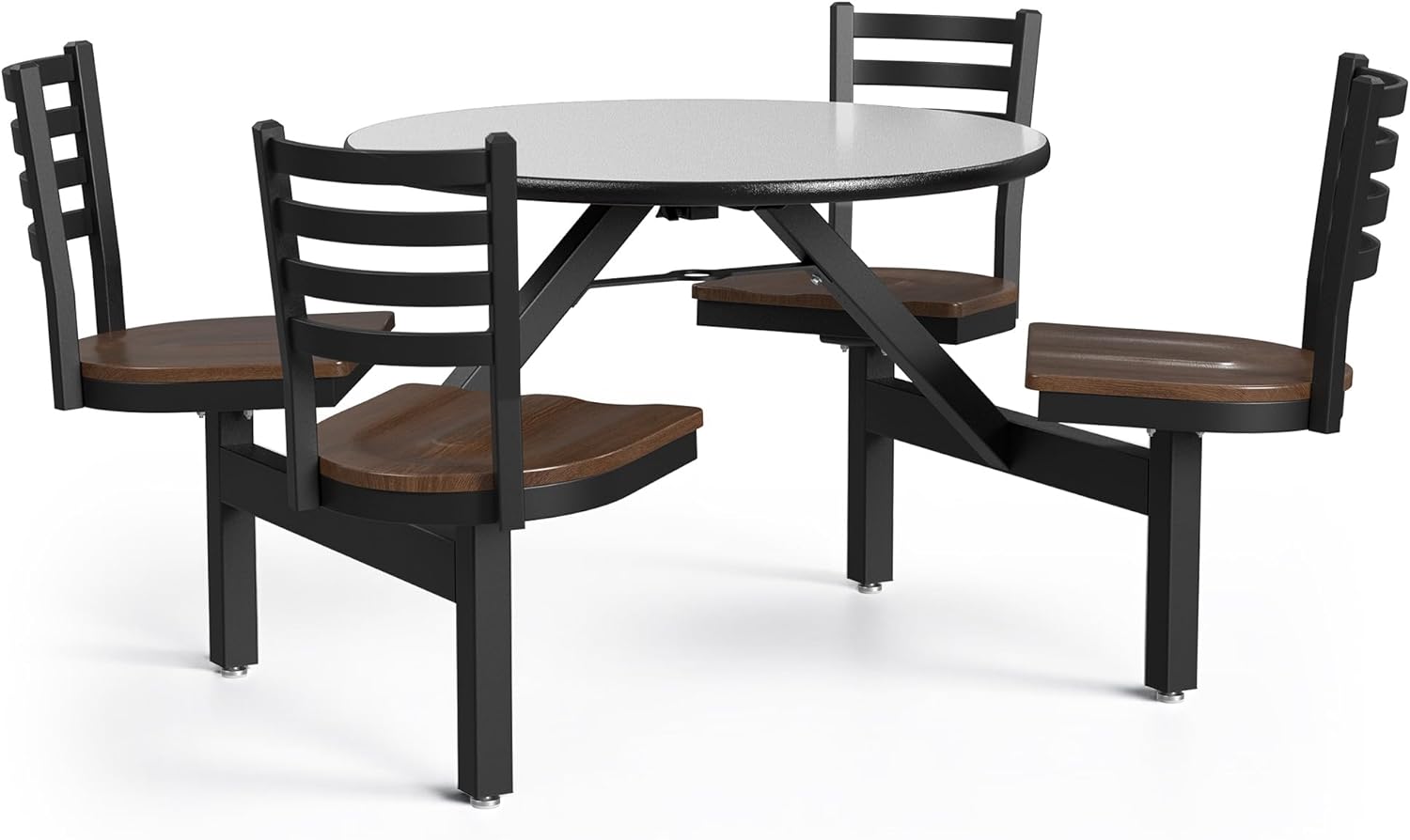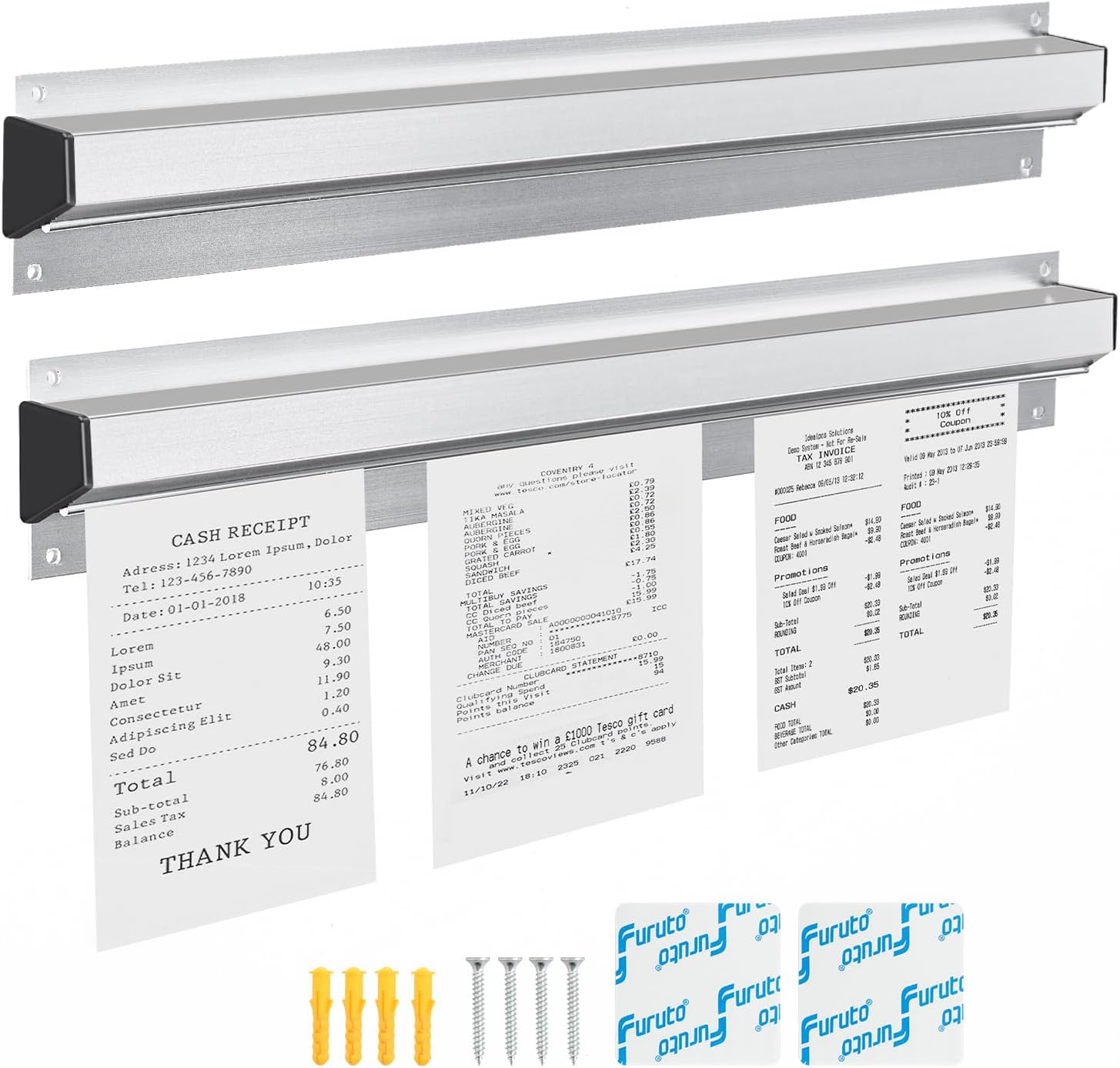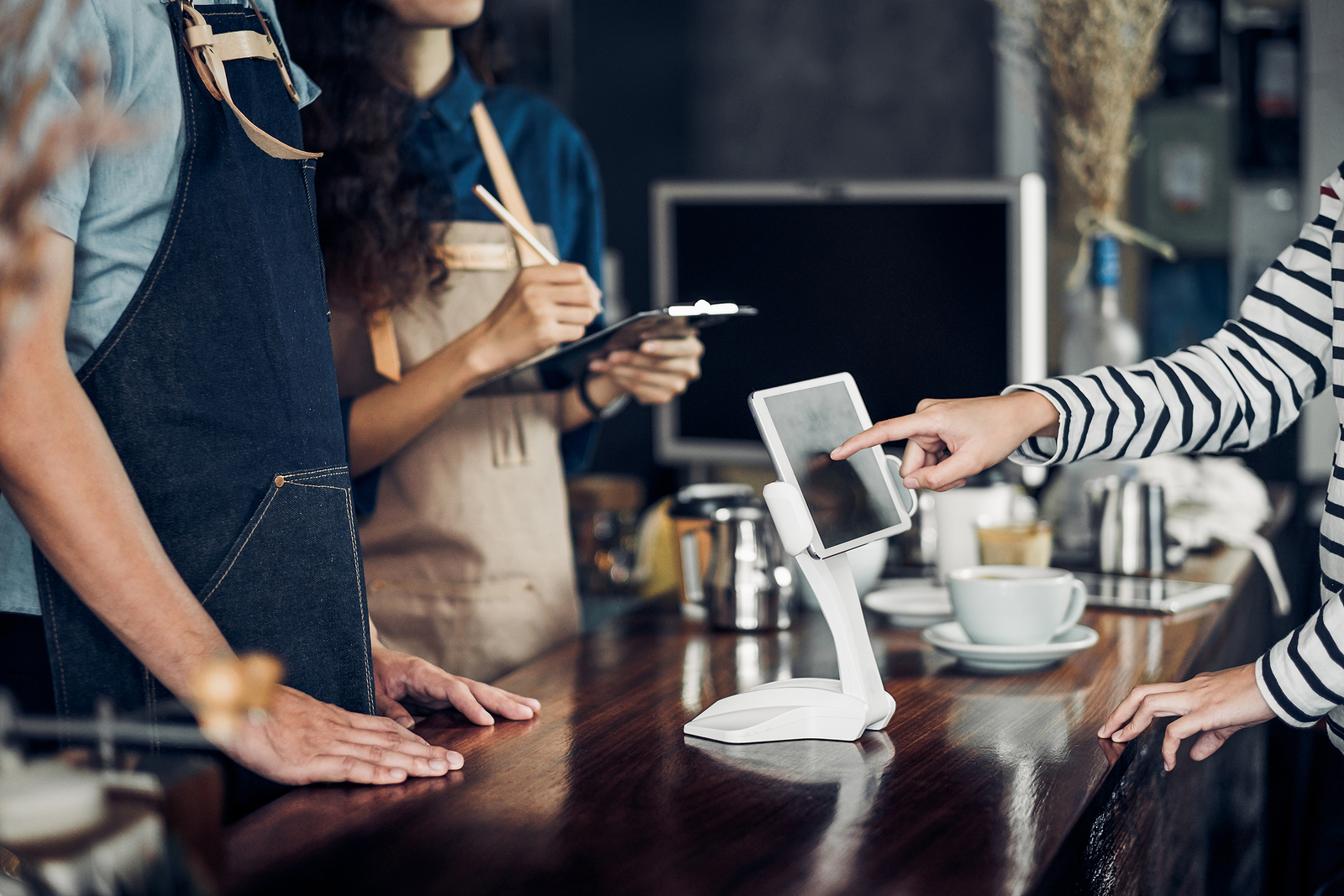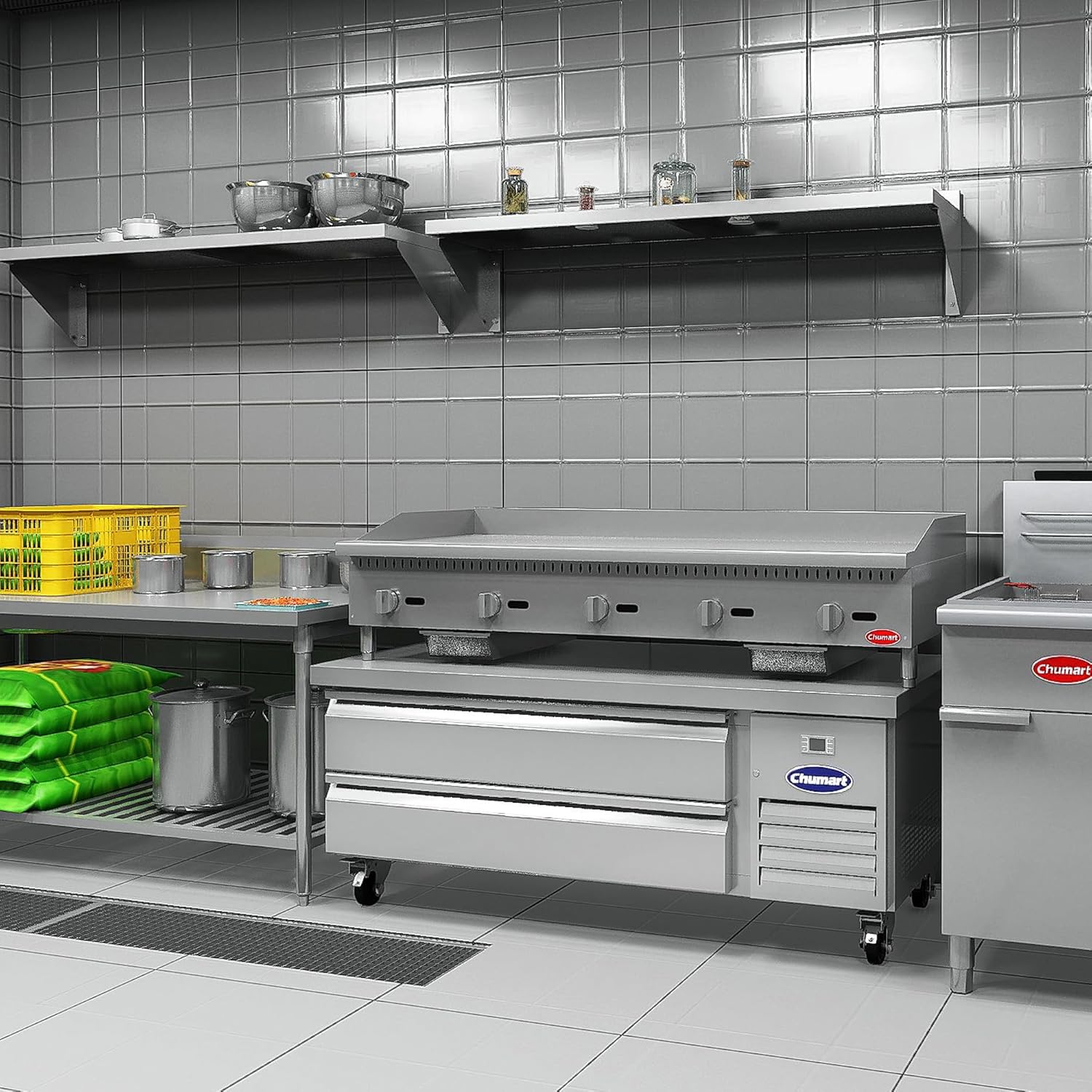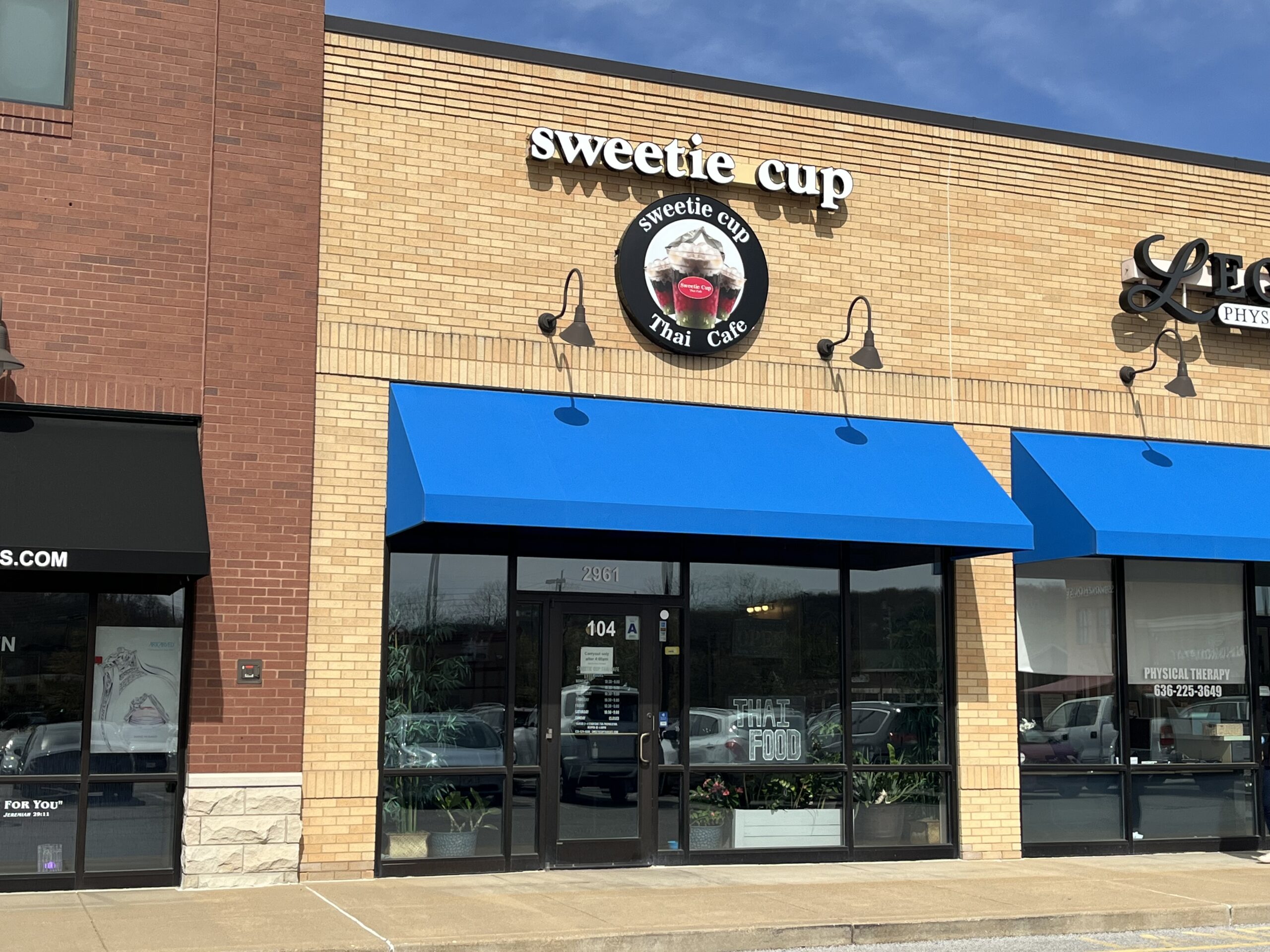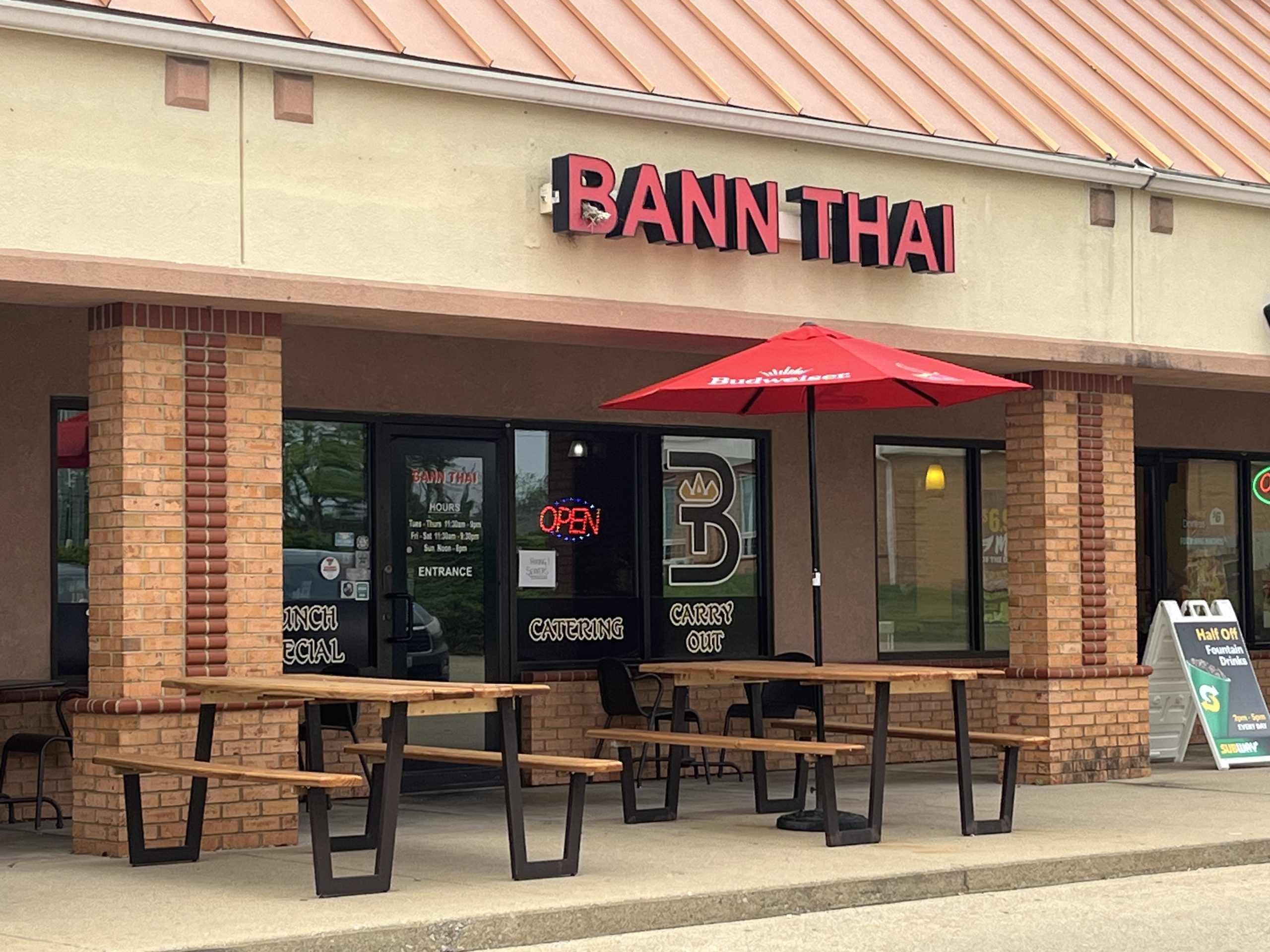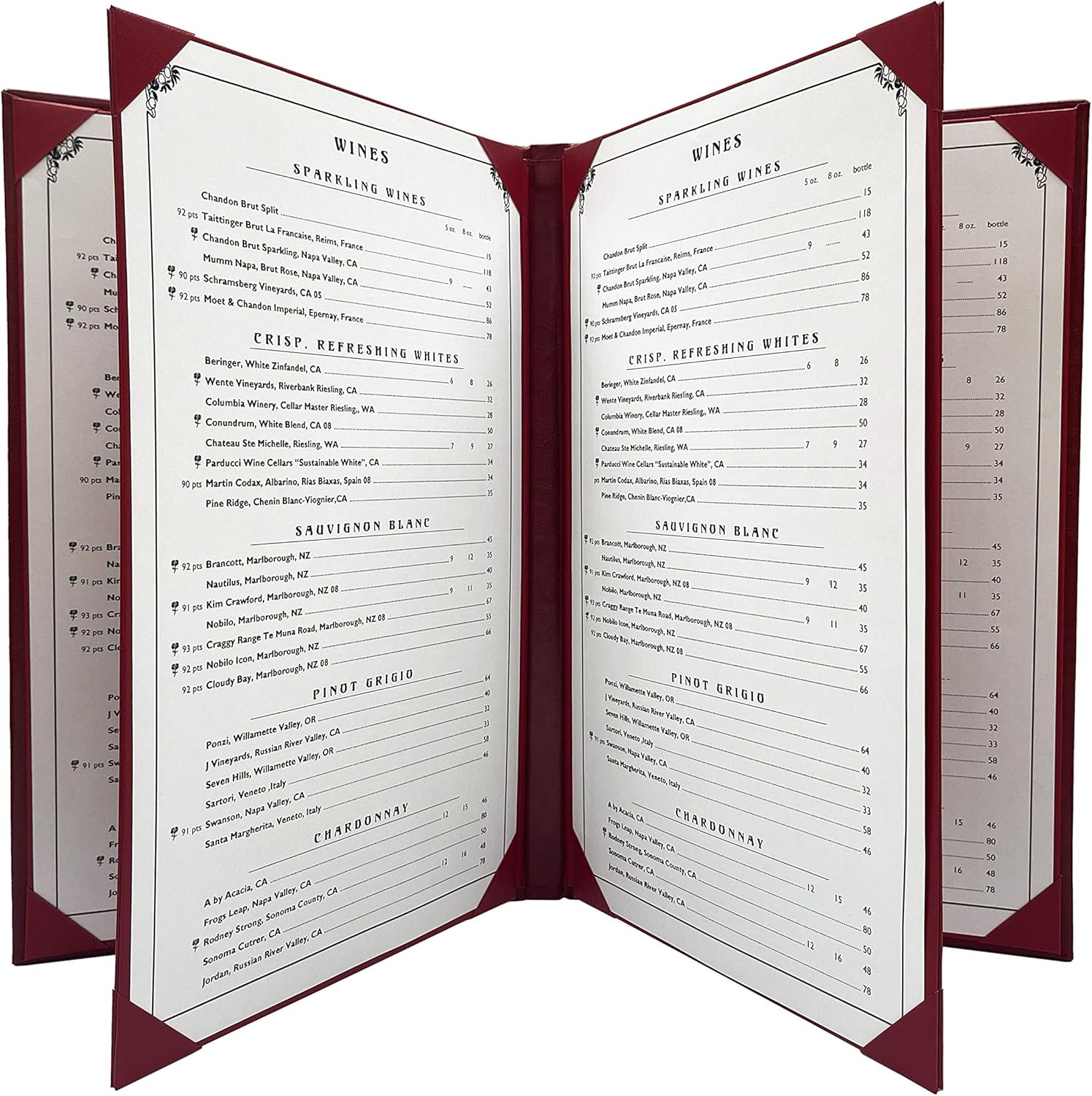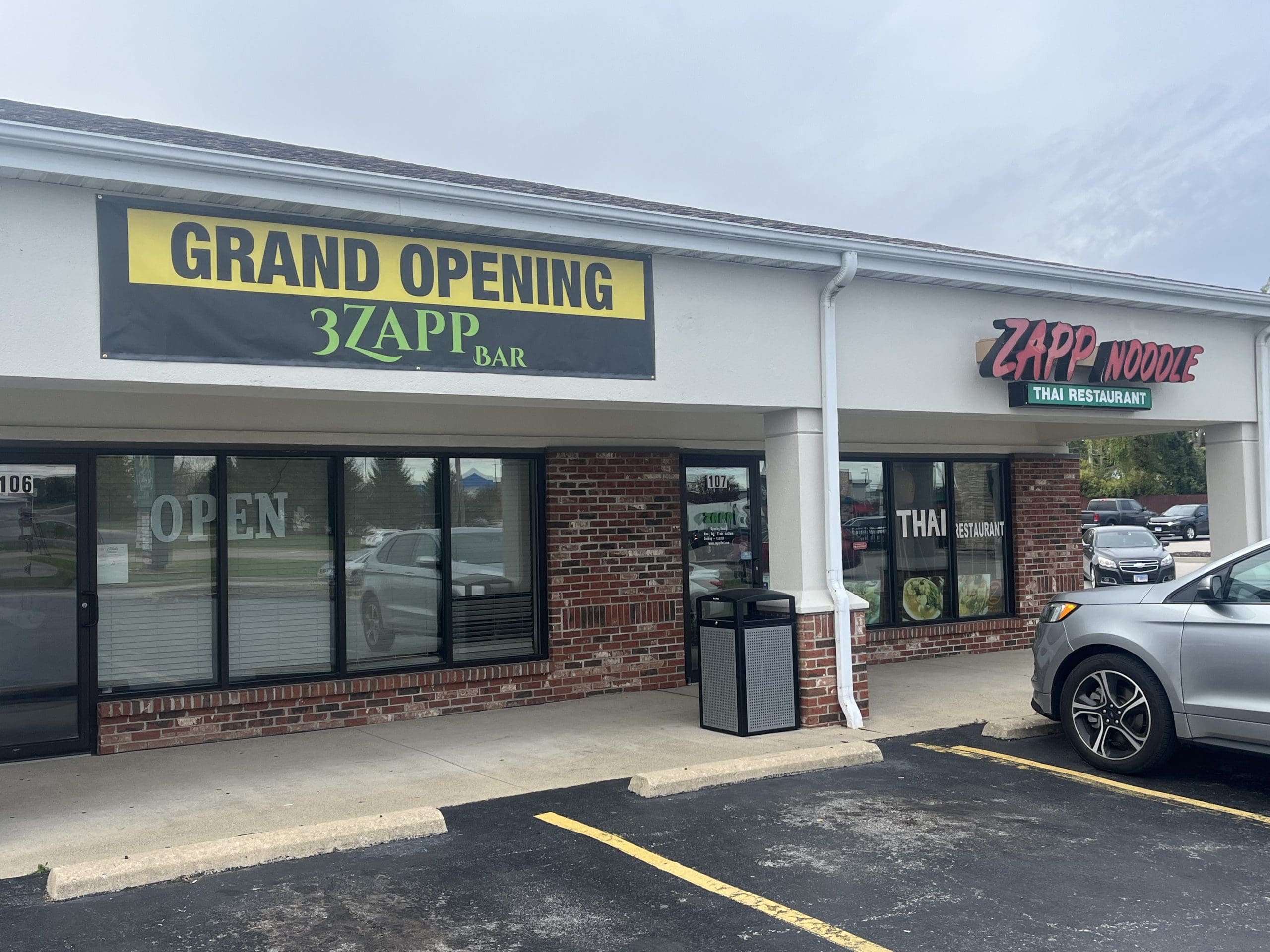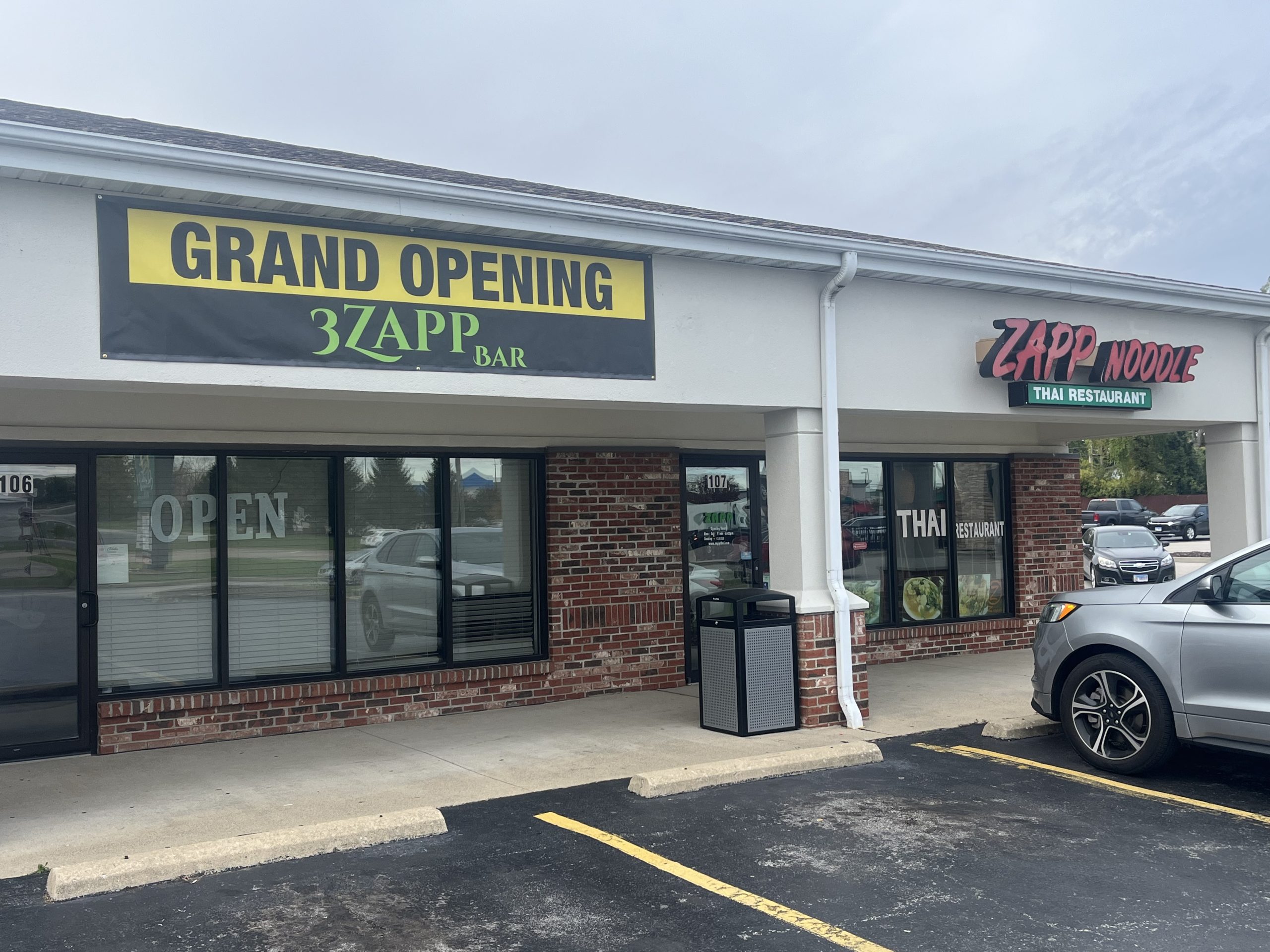How to Apply for a Liquor License in Illinois
Applying for a liquor license in Illinois involves several steps that are crucial for compliance with state and local regulations. Whether you’re planning to open a bar, restaurant, or a retail liquor store, understanding the application process is essential.
Step 1: Determine the Type of License You Need
Illinois offers various types of liquor licenses based on the nature of your business. The primary categories include:
- Retail Licenses: For bars and restaurants that sell alcohol for consumption on premises.
- Wholesale Licenses: For businesses that distribute alcohol to retailers.
- Manufacturing Licenses: For breweries, wineries, or distilleries that produce alcohol.
- Tavern Licenses: Specifically for establishments that primarily serve alcoholic beverages.
Familiarize yourself with the specific type of license that fits your business model. Each type has different requirements, fees, and limitations.
Step 2: Age and Background Requirements
The Illinois Liquor Control Commission mandates that all applicants must be at least 21 years old. Additionally, potential license holders should be aware of the state’s background check requirements. A criminal history could affect your application, especially if the offenses are related to alcohol or narcotics.
Step 3: Local Regulations and Zoning Laws
Before submitting a state application, check local ordinances. Many municipalities have their own regulations regarding liquor licenses, and some may have restrictions on the number of licenses issued. Contact your local city or county clerk for specific details on zoning laws and any additional licensing requirements.
Step 4: Complete the State Application
Once local permissions are verified, you can proceed to fill out the application with the Illinois Liquor Control Commission. The application typically requires details about:
- Business structure (LLC, corporation, sole proprietorship)
- Name and address of the business
- Ownership information
- A detailed business plan
Be prepared to pay a non-refundable application fee; the amount varies depending on the license type.
Step 5: Submit Your Application and Await Approval
After submitting your application, your request will undergo a review process. This may involve public hearings, background checks, and on-site inspections. This process can take anywhere from a few weeks to several months. During this time, it’s essential to remain patient and responsive to any information requests from authorities.
Step 6: Maintain Compliance
Once you receive your liquor license, you must adhere to all laws governing alcohol sales. This includes understanding hours of sale, age restrictions for service, and responsible serving practices. Periodic renewals and inspections will also be required to ensure ongoing compliance.
In conclusion, obtaining a liquor license in Illinois is a detailed process that requires careful planning and adherence to various regulations. By following the outlined steps, you can navigate the application process successfully, paving the way for your business to thrive in the competitive liquor market.
For more details and the full reference, visit the source link below:
